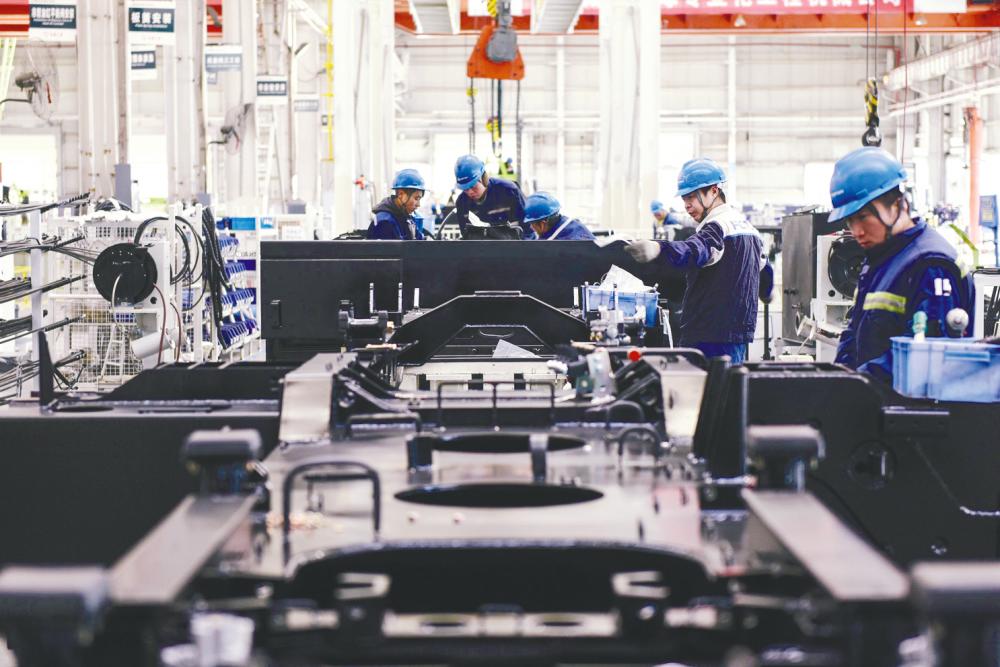PETALING JAYA: In spite of signs of cooling US-China trade tensions, business confidence in Malaysia is anticipated to remain moderate as negotiations on a second phase deal may lead to some negative speed bumps while two thirds of Chinese goods remain taxed by the United States, said Hong Leong Investment Bank Research (HLIB Research).
The research house remains cautious on the sustainability of the uptrend of Malaysia’s manufacturing sector post-signing of the Sino-US first phase trade agreement tomorrow, amid continued imposition of tariffs on two thirds of Chinese goods by the US and possibility of second phase negotiations.
This is despite a brighter outlook for the local manufacturing sector going into 2020, given that in December 2019, Malaysia’s manufacturing Purchasing Managers Index (PMI) increased to its first expansion since September 2018, driven by stronger momentum gains in output and new orders.
However, global manufacturing PMI slowed amid marginal growth in output and continued decline in new export orders, indicating continued weakness in international trade flows.
“Hence, we maintain our expectation for Malaysia’s GDP growth to moderate to 4.4% year-on-year (yoy) in 2020, from an expected 4.5% growth in 2019.”
Meanwhile, AmResearch said with the average industrial production (IP) growing 1.2% for the first two months of the fourth quarter of 2019 (Q419), this implies that the Q419 GDP could be around 4.5%.
“This should translate the full year GDP growth at 4.5%. For 2020, the GDP is expected to grow around 4.6% supported by private consumption, gross fixed capital formation from the mild expansionary Budget 2020 and complemented by exports.”
In November, IP rose 2.0% on-year, surpassing market consensus of 1.0%. It was supported by the turnaround in mining output, up 0.5% yoy from -5.6% yoy in October, added with improved output from both manufacturing and electricity.









